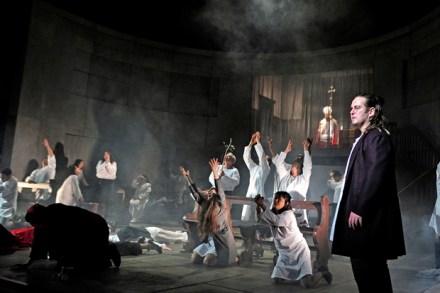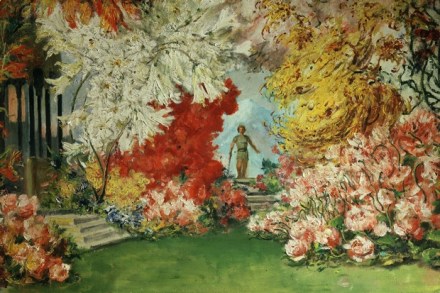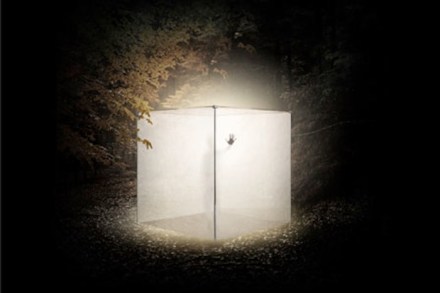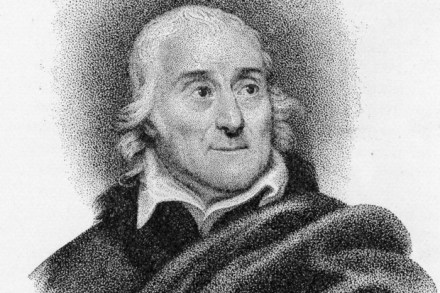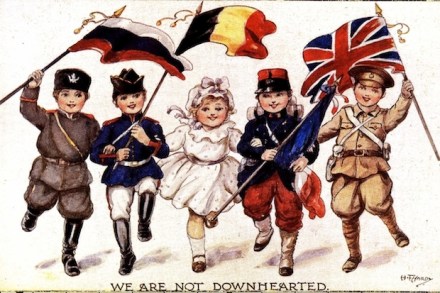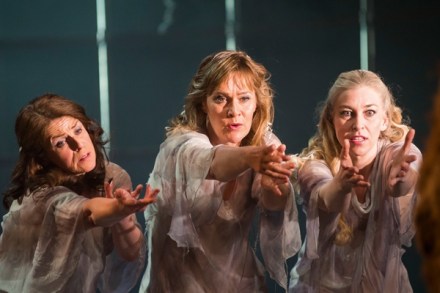In Norwich, a director is caught trying to murder Wagner’s Tannhäuser
Seventeen years ago the Norwegian National Opera staged two cycles of the Ring in Norwich’s Theatre Royal, performances that have remained vividly in the minds of anyone who saw them. Now Theater Freiburg has visited Norwich with two performances each of Parsifal and Tannhäuser. I was hoping to see both, but transport problems meant that I was only able to go to the second performance of Tannhäuser. I shall have quite a few criticisms to make, but all told it was a triumph, and was warmly received by a far from capacity audience. There aren’t many chances to see this problem child of Wagner’s, and this was the finest account
